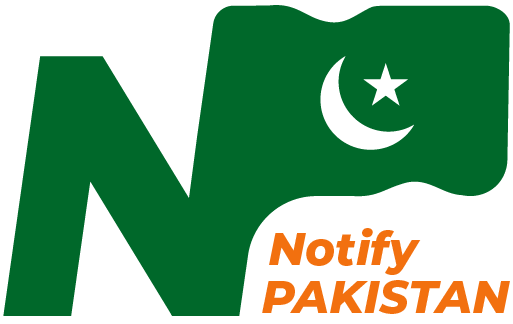Here, we will discuss in detail Khyber Pakhtunkhwa Class 9 Students Performance and navigating educational reforms.
Khyber Pakhtunkhwa’s recent transition to SLO-based examinations has exposed challenges, evident in the 51% failure rate among Class 9 students. Amidst contrasting performances between government and private schools, diverse reactions from educators, and the need for structural and methodological changes, the journey towards conceptual learning signifies a paradigm shift that requires a nuanced approach to educational reforms.
A recent report revealed that 51% of 9th-grade students in Khyber Pakhtunkhwa (KPK) failed their board exams. This staggering failure rate is directly linked to the educational transition from the traditional “Ratta” system to a more student-centric approach, emphasizing Student Learning Outcome (SLO) or conceptual learning.
Examination Results: A Closer Look
Passing Rate Disparities:
Government Schools: 49%
Private Schools: 74%
Budget Allocation: A Question of Priorities
Despite the challenges, the government earmarked a significant budget of Rs. 300 billion for the education department in the current year. However, out of the 269,367 students enrolled in government schools across the province, only 49% managed to pass the examination.
Evolution in Examination Format
Officials from the Board of Intermediate and Secondary Education Peshawar noted that the previous examination papers heavily relied on rote learning. However, in alignment with the provincial government’s directive, boards were mandated to compose 50% of examination papers based on conceptual learning.
Gearing Up for Future Examinations
Looking ahead, officials indicate that upcoming examinations for both 9th and 10th grades will continue to be based on SLO, maintaining the trajectory towards conceptual learning.
Stakeholder Perspectives: A Diverse Landscape
Supportive Voices:
A headmaster from a government school applauded the decision, asserting that conceptual learning would be more beneficial for students.
Critical Voices:
Some teachers expressed reservations, highlighting the perceived incompetence of certain teaching staff and the challenges posed by overcrowded classrooms in facilitating effective conceptual learning.

Conclusion of Khyber Pakhtunkhwa Class 9 Students Performance:
The transition from the entrenched “Ratta” system to SLO-based examinations has undeniably presented challenges, evident in the 51% failure rate among Class 9 students. The contrast in performance between government and private schools, along with the diverse reactions from educators, illuminates the multifaceted nature of educational reforms.
In this intricate landscape, the journey towards conceptual learning signifies a paradigm shift that demands not only structural changes but also a recalibration of teaching methodologies. As Khyber Pakhtunkhwa navigates through these challenges, a nuanced approach to educational reforms becomes paramount, ensuring that students are equipped not just to pass exams but to thrive in an ever-evolving academic landscape.
Read more:
- Apply Now For Professional Dalda Scholarship Program 2023-24
- PFTP Professional Freelancing Training Program | PFTP Scholarships and Internships
- MDCAT Retake in Sindh | Restoring Confidence in Medical Education
If you’re interested in more updates on scholarships, admissions, or internships, click here.

